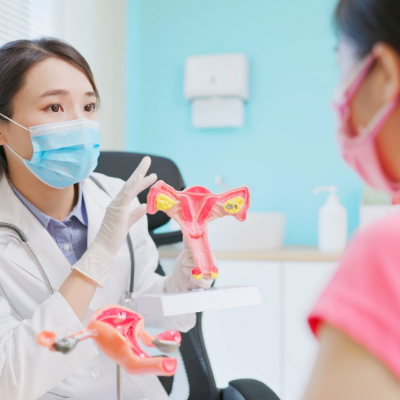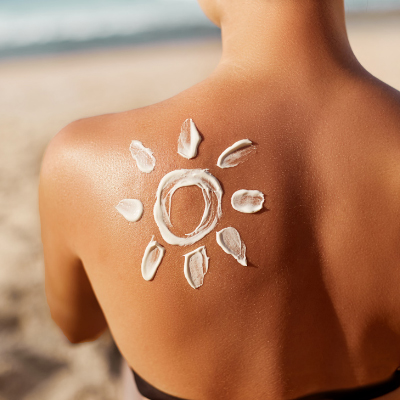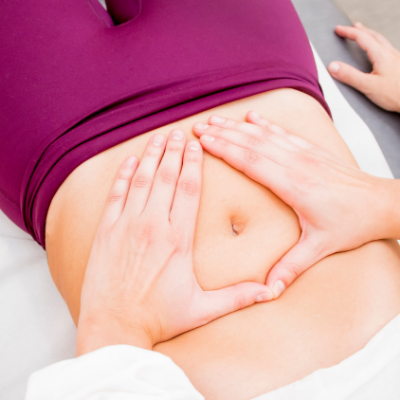
Every day, women face the unique challenge of meeting their intimate health needs. Intimate hygiene may affect a host of health concerns including family planning measures, hormone replacement therapy, sexually transmitted diseases, and urinary tract infections.1 It also affects a woman’s attitude, practice, work, morale, and coping ability.1 Addressing their various intimate hygiene needs is no easy task for women.
Yet, a woman’s control over her own intimate health is limited by various biological, behavioral, cultural, and medical factors.2,3 Intimate feminine hygiene remains to be a taboo deeply embedded in our religion, culture, and history.4
The repercussions affect women’s overall quality of life leading to the obvious personal health issues and a wider but more subtle societal impact resulting in isolation, restriction, and exclusion. 4 The need for education about the importance of female intimate hygiene should be a priority for both health care professionals and women.3
Vulvovaginal health should be a focus area of education.3 While there are abundant published literatures on the internal vaginal environment, there is little published studies related to the external vulva, despite it being the first line of defense that protect the genital tract from infection.3
Vulvar skin has an acidic hydrolipidic film that maintain the skin's protective barrier but is more permeable to microbes and is more susceptible to topical agents because of its increased hydration, occlusion, and frictional properties.3 Maintaining the ratio of the normal flora and exogenous pathogens in the vulvar area may play a key protective role in overall vulvovaginal health.3 Vulvar pH fluctuates based on several endogenous factors like hormonal levels and exogenous factors including hygiene practices.3

Intimate feminine hygiene requires maintaining the delicate balance of the natural protective mechanisms of the vulvovaginal area.3 Clinical practice guidelines from the Royal College of Obstetricians and Gynecologists (RCOG) and Central Asia committee (MECA) recommends daily vulvar cleansing with a gentle hypoallergenic liquid wash.3 Choices should be limited to products that have been clinically assessed in terms of tolerability, are pH-balanced, are hypoallergenic, and are specifically designed to help maintain natural vulvar skin homeostasis.1,3
Saugella is an intimate feminine hygiene wash formulated to address women’s unique needs.5-7 From daily hygiene to extra care during menstruation, infection and menopause, there is a recommended Saugella formulation for a woman’s specific needs. 5-7 Several scientific studies on the Saugella product line have confirmed the efficacy and safety of the products with consistent and reliable results.8-9
VIATRIS PHARMACEUTICALS, INC.
22nd floor Units C&D, Menarco Tower,
32nd St. Bonifacio Global City, Fort Bonifacio,
Taguig City, Metro Manila
SAU-2023-0047 | April 2023 exp. April 2025
To know more about Saugella, kindly scan the QR code.
References:
1. Czerwinski BS, J Obstet Gynecol Neonatal Nurs 2000;29:625–33. 2. Murina F, et al. J Cosmet Dermatol 2020;19:2721–2726. 3. Chen Y, et al. Womens Health (Lond) 2017;13(3):58–67 4. Karzai S, The York Scholar 2010;7:24–33. 5. Saugella Attiva Product Label | 11/12/2020 6. Saugella hydraSerum Product Label | 11/12/2020 7. Saugella Dermoliquido Product Label | 11/12/2020 8. Leo VD, Benvenuti C. Pharmacological, Microbiological and Clinical Activity of Feminine Intimate Cleansers Based on Plant Extracts Active Principles (Saugella Line). J Women’s Health Care 2015; 4: 244. 9. Martini E, et al., J Women’s Health Care 2015;4:230





